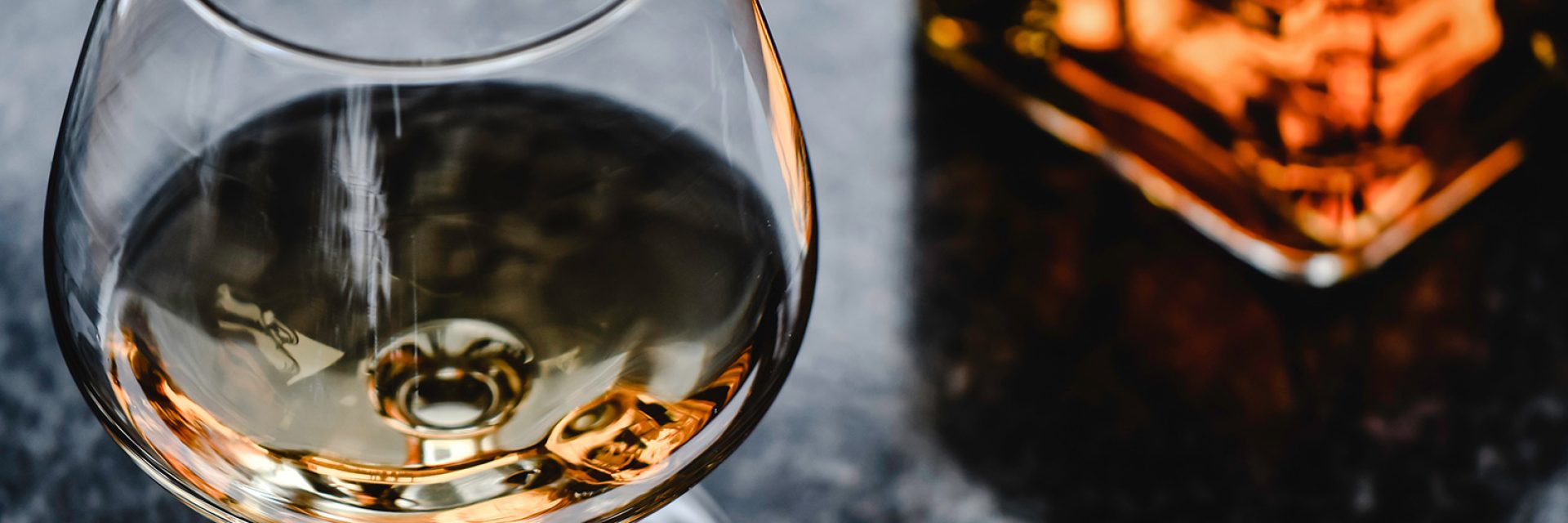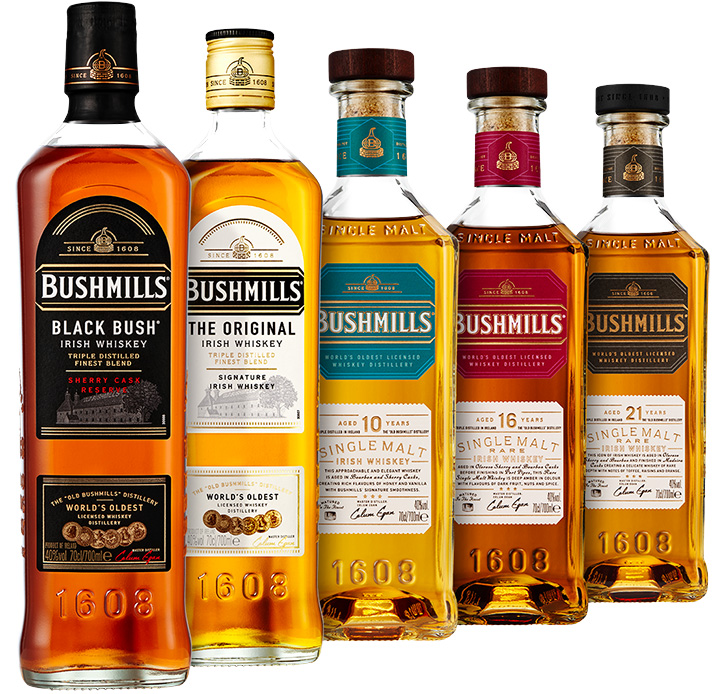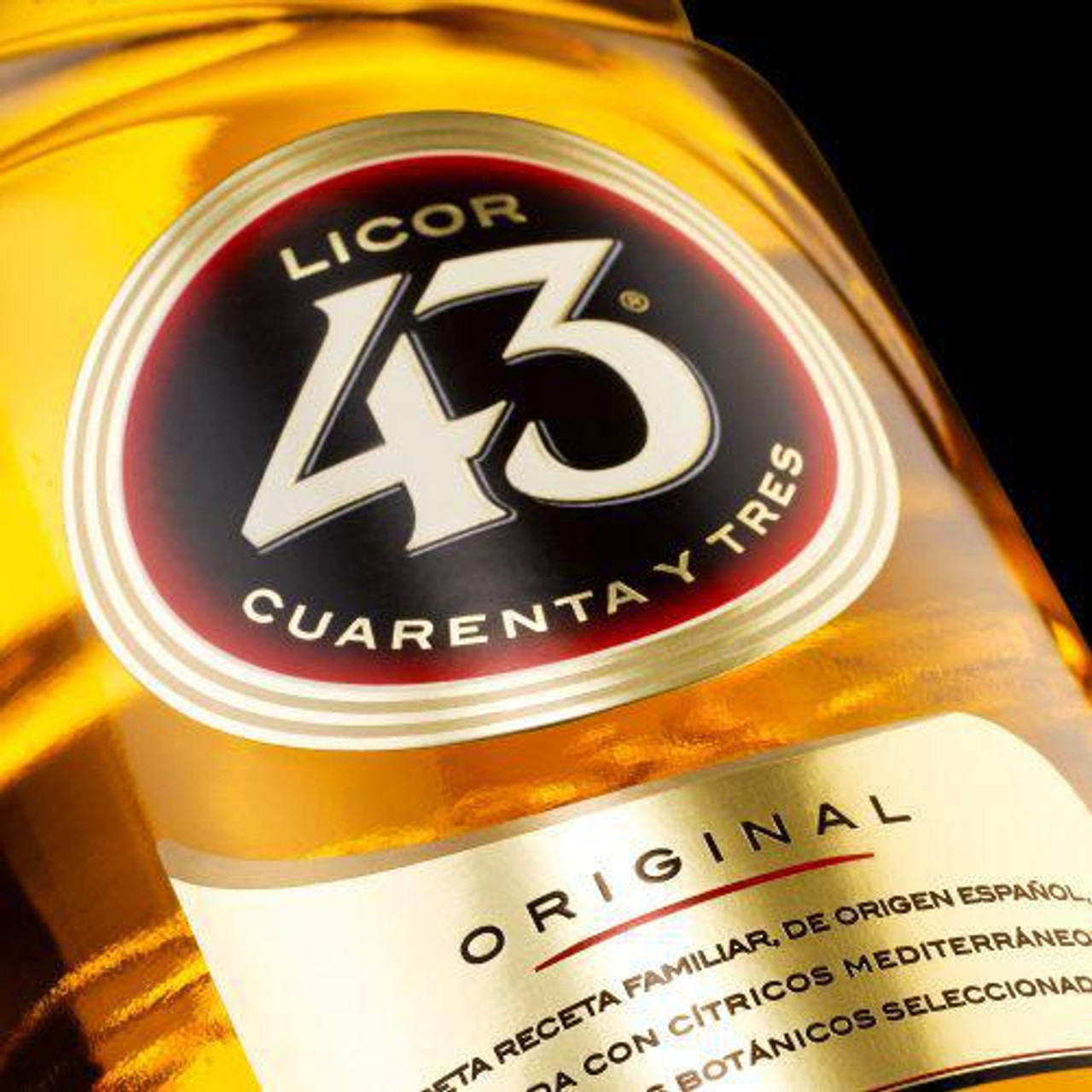Cognac vs. Brandy: Revealing the 6 True Differences
People are often curious about the differences between cognac and brandy. In the world of premium spirits, their names stand for elegance and sophistication. These exquisite spirits have a rich history. They hold a place of honor in the hearts of connoisseurs. But if you’ve ever wondered what makes them so special, you’re not alone. Join us as we explore the nuances of Cognac vs. Brandy and uncover the 6 true differences that make each unique.
Table of Contents

What is Cognac?
Cognac, hailing from the Cognac region in France, is a distinguished spirit crafted from specific grape varieties like Ugni Blanc, Folle Blanche, and Colombard. It undergoes a meticulous double distillation process in copper pot stills, followed by aging in French oak barrels for a minimum of two years. These barrels impart delightful flavors of fruit, oak, and subtle floral notes, creating its refined taste. Cognac boasts a well-defined classification system, including VS, VSOP, and XO, signifying varying aging periods and quality. This spirit is revered for its elegance. Strict regulations, and French terroir, making it a symbol of luxury and sophistication.
There is much more to know about cognac. For example, read this extensive article: What is Cognac? Exploring the World of French Elegance
What is Brandy?
Brandy, a versatile category of distilled wine, comes in diverse forms worldwide. Various countries produce cognac, including France, Spain, and the United States. Unlike Cognac, Brandy allows flexibility in grape selection, distillation methods, and aging vessels. This results in a wide spectrum of flavors, from fruity and youthful to complex and aged. You can enjoy Brandy in numerous ways, from sipping it neat or on the rocks to mixing it in cocktails. Its adaptability in pairing with foods and versatility in production methods make Brandy a dynamic and intriguing category in the world of spirits, appealing to a broad range of palates and preferences.

Cognac vs. Brandy: the 6 differences
Now that we have a foundational understanding of Cognac and Brandy, it’s time to delve deeper into the 6 key differences that set them apart: Origin, Distillation, Aging, Flavor, Appelation and Serving.
1: Origin and Terroir
Cognac
Cognac is a French masterpiece, originating from the Cognac region in western France. This region’s chalky soil and maritime climate create the perfect conditions for cultivating the grapes used to make Cognac. The grapes primarily used are Ugni Blanc, Folle Blanche, and Colombard.
Brandy
Brandy, on the other hand, is a broad term encompassing distilled wines from around the world. It can be made from various types of grapes and is produced in many countries, including France, Spain, and the United States. The geographical diversity influences the flavor profile of Brandy significantly.
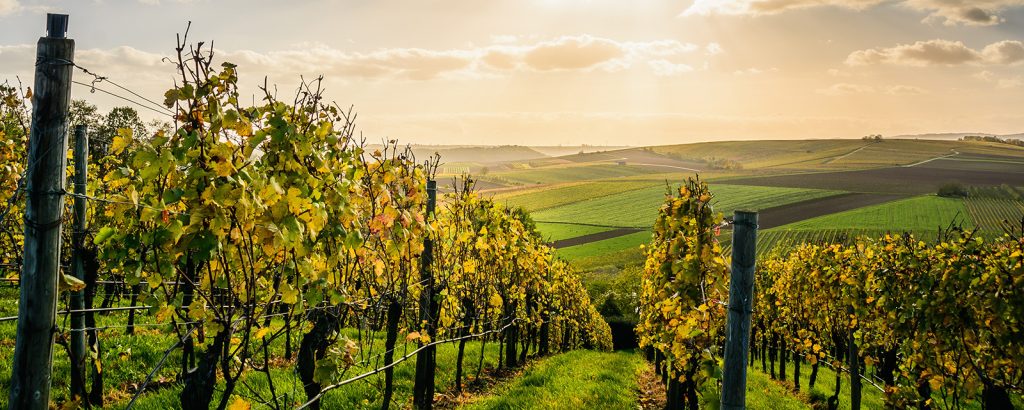
2: Distillation Process
Cognac
Cognac is distilled twice in traditional copper pot stills. The distillation process for Cognac is stringent, with specific regulations governing the distillation proof and aging periods. This meticulous process contributes to Cognac’s refined and consistent quality.
Brandy
Brandy, being a broader category, allows for more flexibility in the distillation process. It can be distilled using various methods, including column stills or pot stills. This flexibility leads to a wide range of flavors and qualities among different types of Brandy.
3: Aging and Maturation
Cognac
Cognac ages in oak barrels for a minimum of two years, with specific age designations such as VS (Very Special), VSOP (Very Superior Old Pale), and XO (Extra Old) indicating longer aging periods. The aging process imparts complexity and depth to the final product.
Brandy
Brandy aging requirements vary depending on the type and country of origin. Some Brandy ages for a few years, while others, like Armagnac from France, ages for several decades. This variability in aging leads to a broad spectrum of flavors within the Brandy category.
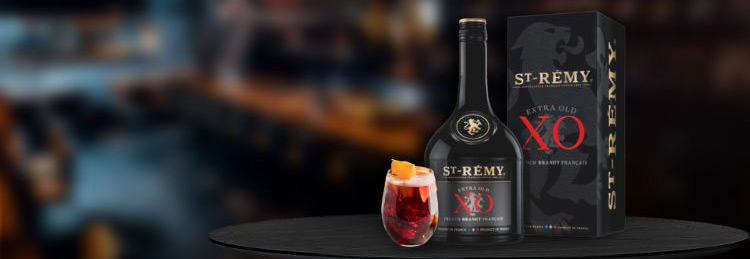
4: Flavor Profile
Cognac
Cognac is known for its elegant and refined flavor profile. It often exhibits notes of fruit, vanilla, oak, and subtle floral undertones. The aging process in oak barrels contributes to its smoothness and complexity.
Brandy
The flavor profile of Brandy can vary significantly. Younger Brandy tends to have a more pronounced fruitiness, while aged Brandy can develop complex flavors like caramel, spice, and even hints of nuts. The diversity of Brandy styles allows for a wide array of taste experiences.
5: Appellation and Regulations
Cognac
Cognac has strict regulations governing its production. It must come from the designated Cognac region and adhere to specific aging and distillation requirements. These regulations ensure the authenticity and quality of Cognac.
Brandy
While some countries have regulations for Brandy production, they are not as uniform or stringent as those for Cognac. This means that Brandy varies widely in terms of production methods and quality, it all depends where the origin is.
6: Serving and Pairing
Cognac
Cognac is often enjoyed neat or on the rocks, allowing its intricate flavors to shine. It pairs beautifully with dark chocolate, fine cigars, and classic French dishes like Coq au Vin.
Brandy
Brandy’s versatility makes it suitable for various cocktails, including classics like the Brandy Alexander and Sidecar. It also complements desserts, cheeses, and roasted meats.l

FAQ
Q1: Can Brandy be made in France? Yes, Brandy can be made in France, and French Brandy includes famous varieties like Cognac and Armagnac.
Q2: Is Cognac a type of Brandy? Yes, Cognac is a type of Brandy, but it is a highly regulated and distinct subcategory known for its quality and origin.
Q3: Are there other notable types of Brandy besides Cognac? Indeed, there are many notable types of Brandy, including Armagnac, Calvados, and American Brandy.
Q4: Which is more expensive, Cognac or Brandy? Cognac tends to be more expensive due to its strict regulations and longer aging requirements, but there are premium Brandies that can rival Cognac in price.
Q5: Is Hennessy a Brandy or Cognac? Hennessy is a premium cognac brand. Read all about in this article: Hennessy Cognac: 5 Reasons Why It’s Considered to be the Best.
Cognac vs. Brandy: Conclusion
What’s the difference between brandy and cognac? In the world of spirits, both Cognac and Brandy hold a special place, each offering a unique and delightful drinking experience. While Cognac’s strict regulations and origin make it a symbol of luxury and quality, Brandy’s diversity allows for a broader range of flavors and styles. Whether you prefer the elegance of Cognac or the versatility of Brandy, one thing is certain: both are a testament to the art of distillation and aging, bringing joy to enthusiasts around the world. Cognac vs. Brandy: which is the best? The choice between them ultimately depends on your palate and the experience you seek. Cheers to the world of fine spirits, there is so much to enjoy!
Moving Spirits, your beverage distributor of cognac and brandy.
Are you looking for a spirits supplier that can help you stock your alcohol store? We have all the different types of cognac and brandy in stock for you! In our Sales Portal, where you can see our current stock 24/7, you can filter on all the cognacs we have. Here, we have made subdivisions as follows: cognac, armagnac, calvados and brandy.With our continuous stock of more than 2,000 drinks, you will always be surprised by the extensive choice you have.

